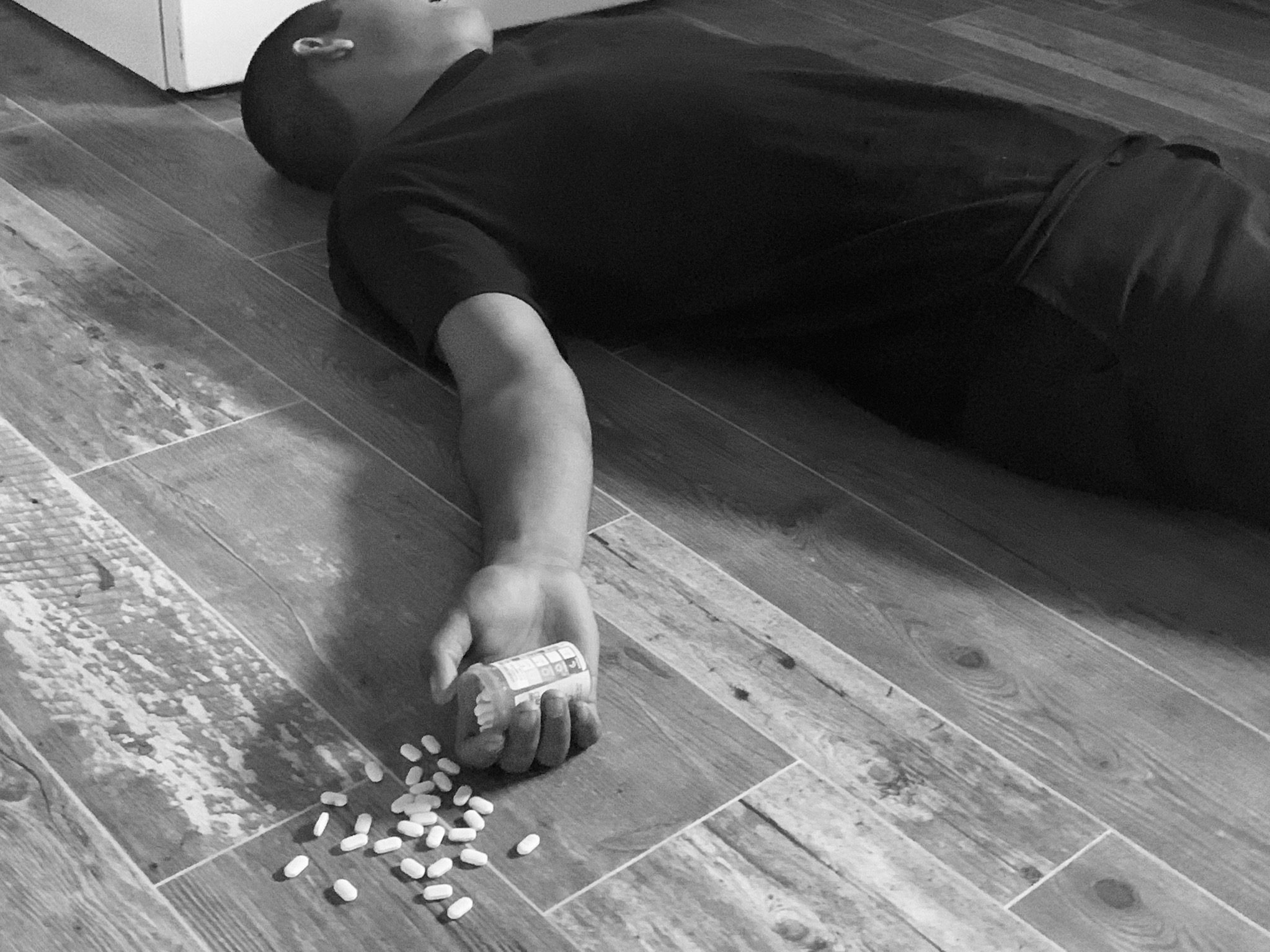People who struggle with addiction should take a serious look at the risk they are taking each time they chose to use. Addiction in and of itself is a risk factor for suicide. Many other behavior disorders that may accompany addiction can increase this risk. It can be argued that each time an addict engages in their drug of choice, such action is a potential suicide. This is especially true today with the unknown substances mixed into street drugs most notably fentanyl. According to CDC’s National Center for Health deaths involving illicitly manufactured fentanyl is on the rise. Rates of overdose deaths involving synthetic opioids, which includes fentanyl and fentanyl analogs, increased over 16% from 2018 to 2019. Overdose deaths involving synthetic opioids were nearly 12 times higher in 2019 than in 2013. More than 36,000 people died from overdoses involving synthetic opioids in 2019. In the United States, the latest overall provisional drug overdose death count is 100,306 during a 12 month period ending in April 2021, an increase of 28.5% from 78,056 deaths during the same period the year before, suggest an acceleration of overdose deaths during the COVID-19 pandemic.
Suicide prevention states some of the major risk factors for suicide are:
• Prior suicide attempt(s)
• Misuse and abuse of alcohol or other drugs
• Mental disorders, particularly depression and other mood disorders
• Access to lethal means
• Knowing someone who died by suicide, particularly a family member
• Social isolation
• Chronic disease and disability
• Lack of access to behavioral health care
World Health Organization states,” People who abuse alcohol and/or drugs or are dependent on them, attempt suicide nearly six times more often than people who do not abuse these substances. The rate of completed suicide among addicts is 2 to 3 times higher than among the males who are not addicts. Among women, the use of substances increases the risk of suicide for 6.5 to 9 times compared to women non addicts.”
A number of recent national surveys shared by United States Department of Health and Human Services have helped shed light on the relationship between alcohol and other drug use and suicidal behavior. A review of minimum age drinking laws and suicides among youths age 18 to 20 found that lower minimum age drinking laws was associated with higher youth suicide rates. In a large study following adults who drink alcohol, suicide idealization was reported among persons with depression. In another survey, persons who reported that they had made a suicide attempt during their lifetime were more likely to have had a depressive disorder, and many also had an alcohol and/or substance abuse disorder. In a study of all non-traffic injury deaths associated with alcohol intoxication, over 20 percent were suicides. In studies that examine risk factors among people who have completed suicide, substance use and abuse occurs more frequently among youth and adults, compared to older persons. For particular groups at risk, such as American Indians and Alaskan Natives, depression and alcohol use and abuse are the most common risk factors for completed suicide. Alcohol and substance abuse problems contribute to suicidal behavior in several ways. The United States Department of Health and Human Services, mentions that persons who are dependent on substances often have a number of other risk factors for suicide. Depression, social and financial problems are common among persons with substance use problems. Persons prone to be impulsive, substance use and abuse can be common. In addition, persons who engage in many types of high risk behaviors, including drug and or alcohol use, that result in self harm are at risk of suicide. Researchers are currently testing treatments specifically for persons with substance abuse problems who are also suicidal, or have attempted suicide in the past.
In knowing the risk factors and statistics of suicide tendencies in at risk population, it is important for family members and friends to help their loved ones seek help from a qualified professional to hopefully prevent another tragic death. The addict themselves should be aware of the risk they are taking in engaging in addictive behaviors.
If you struggle with addiction, keep in mind, the next time you use could be your last time. The risk isn’t worth it! There is no time like the present to seek help. Restoration Ranch is here to help! Call us before it’s too late!
~Teri Storm

